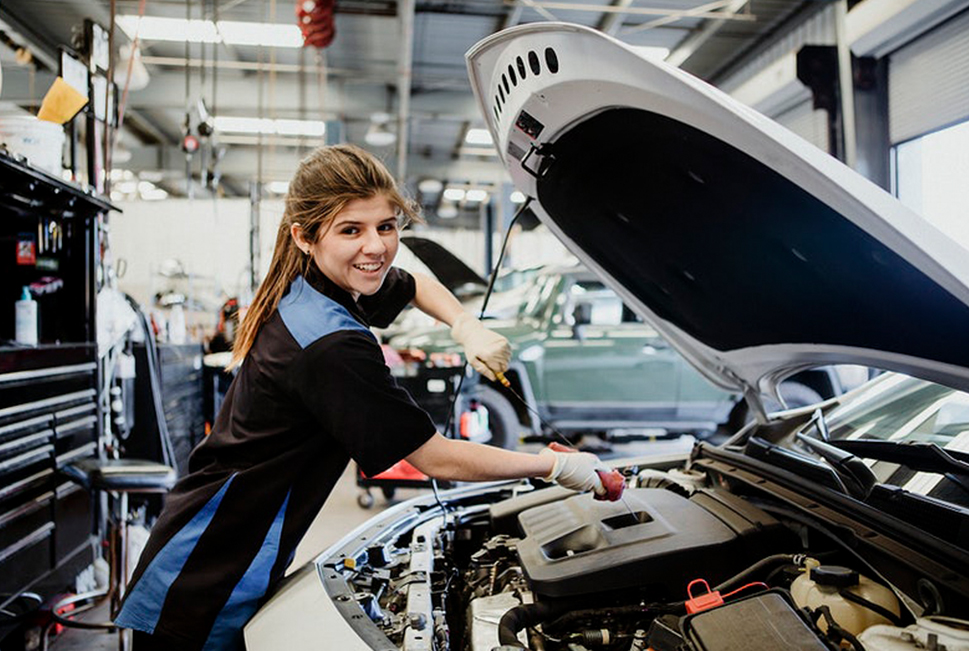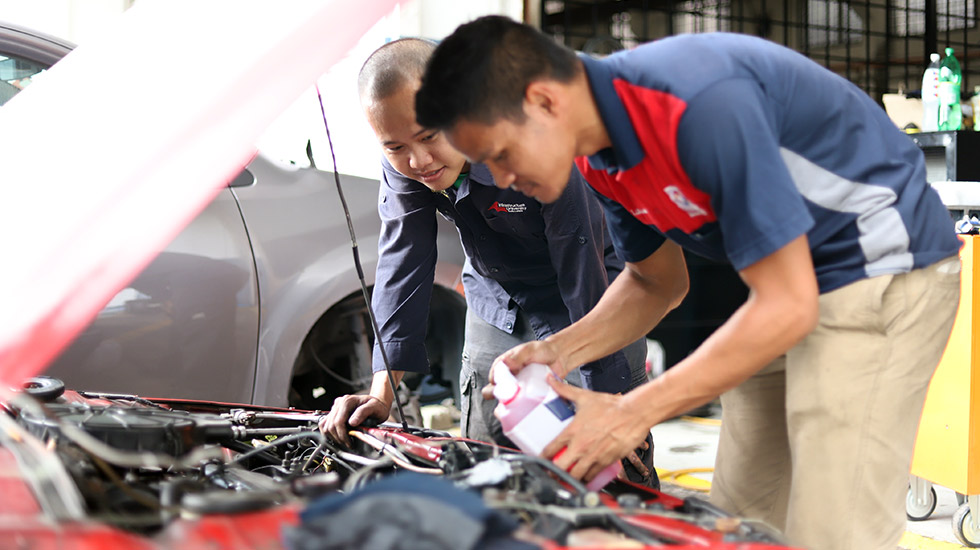Truth About The Indian Startup Bubble – Is It Happening?

No time in the history of the planet has so much wealth been legally created, said John Doerr, a venture capitalist.
The old economic theories of wealth creation stating that wealth is a consequence of savings or investment or proper government spending failed to explain the phenomenon.
No, this wasn’t the classical economy. This was rather described as a well-stocked kitchen waiting for someone to come and exploit its masterful ingredients in order to create a delicacy.
This was the Internet. World’s largest distribution channel. Initially only a few saw the potential. People like John Clark, the PayPal Mafia.
Other soon realised what’s going on and flocked in. Rejoice world, for the Promised Land is here.
People started riding the wave. New companies sprouted weekly with prefixes like ‘I’ or ‘E’ before their names.
They created a different category of business altogether. They were dotcom companies. Their business model was completely based on the Internet thing. Venture capitals were battling to invest in them.
Everyone seemed to be doing it is what everyone thought. Look at that loser who just got a million dollar investment. Let me also start a company and add ‘e’ before the name.
Investors considered this too good to be missed.
A combination of rapidly increasing stock prices, market confidence that the companies would turn future profits, individual speculation in stocks, and widely available venture capital created an environment in which many investors were willing to overlook traditional metrics in favour of basing confidence on technological advancements.
A bubble started to take shape.
In simple terms, a bubble occurs when speculators note the fast increase in value and decide to buy in anticipation of further rises rather than because the shares are undervalued. A bubble cannot sustain itself for long because sooner or later the market’s self-regulating mechanisms take place.
March 2000. The dotcom bubble burst. In just a month’s time the Nasdaq index fell in several thousand units. It was an absolute market crash.
Fifteen years later, adjacent housing bubble and here we are asking ourselves whether we did it better this time.
The debate whether we are experiencing a similar kind of bubble today is on again.
Some say 2014 was the best since 2000 in terms of IPOs, while 2015 marked only a fraction of that number. A similar scenario happened in 1999 in comparison with 2000.
Some argue that we are in another bubble because the sum of technology IPOs and venture capital funding for 2014 totalled $105 billion in equity financing more than companies financed in 1999, but less than the total financed in 2000 (CBInsights), which suggests that if this trend goes on, 2015 could end up like 2000.
A close observer will likely see emerging and fast connecting markets like India seem to echo the Silicon Valley bubble.
Housing.com has fired 600 employees. Compare present day with earlier days where Housing billboards used to perch on almost every mall in every Indian metro city.
Zomato is laying off 10% of its 3,000-strong staff worldwide, mostly in the United States.
The recent scandals of Foodpanda and Tiny Owl filled the news. The founder of Tiny Owl himself was kept as a hostage by his employees. The news would chill you to the bone as this resembles the meltdown days 15 years ago.
However, those fear whatsoever are not to be rationalised by maintaining a one-sided look. There have been positive signals, which point out that those headline makers pointing out to the existence of Indian startup bubble are not to be taken seriously. The startup ecosystem in India is still at a very emerging stage and those most exposed to these high-priced private investment rounds are foreign funds with deep pockets and high risk appetites.
The recent cases of consolidation also demonstrate that the market is already in the process of correcting itself.
Grofers, a hyperlocal grocery app that allows customers to order goods from corner shops online, last month made two acquisitions in a week, taking over its shuttered competitor Town rush and meal delivery service Spoon Joy.
Mumbai-based Car Trade, a portal for selling used autos, acquired its rival CarWale for an undisclosed sum
Why does it matter to ponder there being or not being a tech startup bubble in India?
Entrepreneurs are entrepreneurs and they will always run after the idea with the maximum potential.
On the other hand, VCs have far greater responsibility. They are the engines of effective capital allocation and they are responsible for fostering innovation in verticals, which have traditionally been dominated by laggards.
Good ideas and unique solutions in unexplored areas will always generate market and demand, which is an investor’s primary concern even if none exists at the moment.
An accidental mouse in your plate may happen to a restaurant because it’s growing and scaling so fast, however when you find a mouse in the plate every day well, that opens up an opportunity.
Opportunity for second generation Indian entrepreneurs sprouting from between the ashes from the fallen ones, even more bold and far more stern and disciplined.
Just Buy Live, an e-distributor that connects brands to local retailers, has raised $20 million in a series A while maintaining strict unit economics discipline. Here comes Shabda Nagari too, a social networking portal in Hindi, which has just secured $1.7 million in angel investment.
Round one is done, many stumbled and yet a few took some coffins of riches home. But round two is about to commence and some steam already stems across the horizon. Take your seats ladies and gentlemen.






